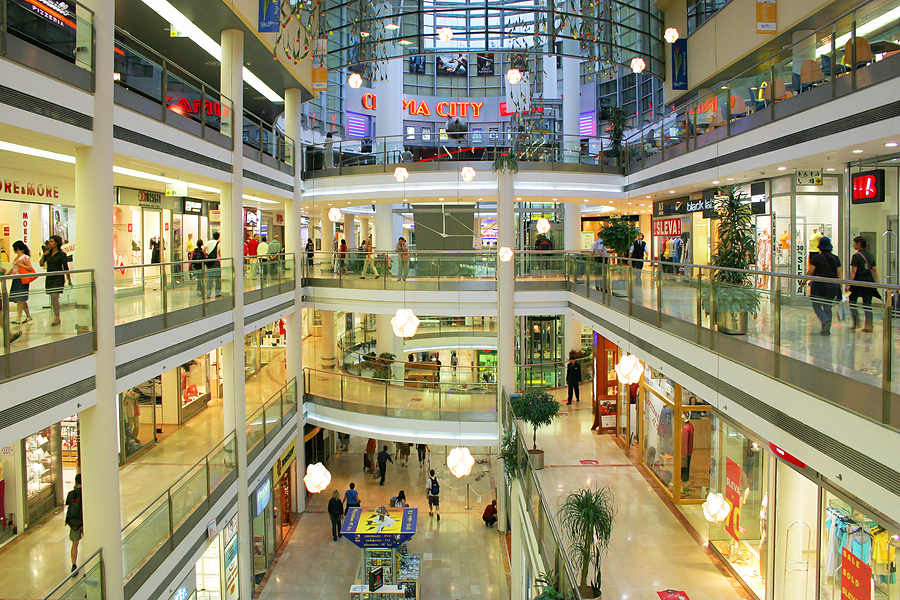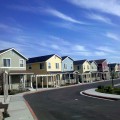 The United States Commerce Department announced growth in U.S. retail sales, and even though the growth was modest – just 0.1 percent in January 2013 over the previous month – it is still an improvement over last year’s numbers.
The United States Commerce Department announced growth in U.S. retail sales, and even though the growth was modest – just 0.1 percent in January 2013 over the previous month – it is still an improvement over last year’s numbers.
It’s worth noting, too, that December saw a 0.5 percent increase over November.
The biggest gainers for the month were non-store retailers at 0.9 percent, sporting goods and hobby stores at 0.6 percent and grocery stores at 0.6 percent over December. General merchandise stores, including department stores, also made gains.
The biggest retail losses for January came from clothing stores, furniture stores, health and personal care stores and miscellaneous store retailers.
Total retail sales for the month of January were $416.6 billion. This represents a 4.4 percent increase over January 2012. While total retail growth in the month of January was less than stellar, retail sales are doing better than last year. Total sales from November, December and January rose 4.5 percent from that period a year ago.
Non-store retail sales are up big from last year, however, with a 15.7 percent increase over January 2012. Non-store retailers includes direct selling establishments, vending machine operators and electronic shopping retailers. Another high-growth segment over the last year was motor vehicle dealers, which rose 9.4 percent.
The modest retail growth in January is partly due to the expiration of the 2 percent payroll tax cut. JPMorgan economist Michael Feroli predicted that it could take up to two quarters for consumer spending to align itself with the new tax policies. “By no means are we completely out of the woods when it comes to the impact of higher taxes,” he said.
Another contributing factor to retail stagnation in January is the rising price of gasoline. Reuters reported that gas has risen by 30 cents per gallon so far this year.
Despite the rise in gas prices and taxes, January did not experience an actual decline in sales. Robert Dye, the chief economist at Comerica Bank, said that the increase in house prices is acting as a counterbalance to increases in taxes and prices. Dye said that he expects consumers to increase their spending with the increase in equities. Although, he cautioned that spending will increase “only moderately.”
[cf]skyword_tracking_tag[/cf]






No Comment